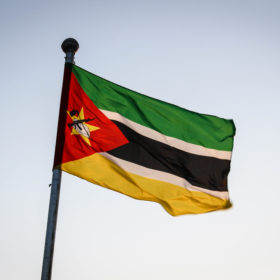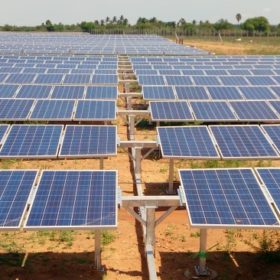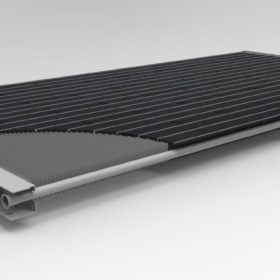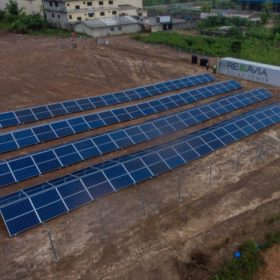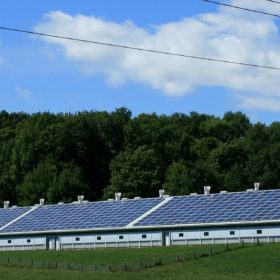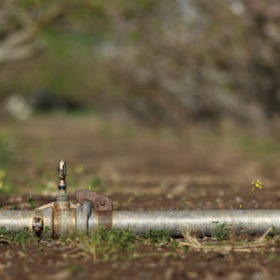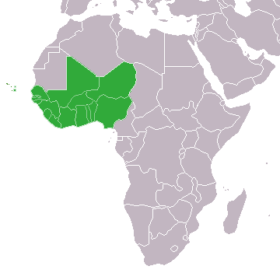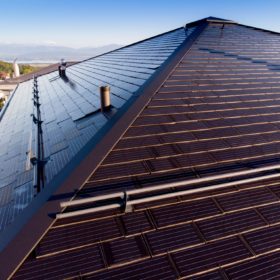Another 11 solar mini-grids for Mozambique
The public body responsible for expanding access to electricity is seeking consultants to prepare a tender for rural PV mini-grids.
Covid-19 pandemic puts 150 GW of PV, wind at risk in Asia
Up to 150 GW of PV and wind projects could be postponed or canceled throughout the Asia-Pacific region by 2024 if the coronavirus-triggered recession continues beyond the current year, according to new research by Wood Mackenzie.
A photovoltaic thermal panel for heat-pump houses
Dutch company Triple Solar has launched a photovoltaic thermal solar panel for residential buildings which can be connected to a brine or water heat pump. The manufacturer says the heating system based on the panel is an ideal alternative to less efficient air and water heat pumps and more expensive geothermal systems. The grid-connected PV system can export excess power under net metering programs.
PV relief for sub-Saharan Africa amid Covid-19 pandemic
Solar support is on the way for businesses and communities struggling to cope as the coronavirus outbreak ripples across the continent.
A big grid solution to harness small solar arrays
Scientists at the U.S. National Renewable Energy Laboratory are developing a communication system to coordinate and control the volumes of solar power injected into grids by small scale solar arrays.
Solar pump moved by fuzzy logic
Researchers in the United Arab Emirates have proposed a PV-powered irrigation system that runs on a fuzzy logic-based algorithm, with a remote-control wireless monitoring system interface.
Chinese city bars all new solar this year
Yulin, in Shaanxi province has brought the curtain down on around 1 GW of PV projects which are under construction. It had previously been expected the city would add around 5 GW of new solar this year.
Covid-19 daily bulletin
pv magazine rounds up the latest Covid-19-related stories likely to affect the world of solar and energy storage.
Solar emerging as best bet for West Africa’s future energy mix
The Economic Community of West African States should prioritize the development of solar PV to meet surging energy demand over the next 30 years, according to a newly published study.
Solar tiles for new and historic buildings
Available in three versions, the product costs around $307-324 per square meter although prices will vary depending on project complexity. Swiss manufacturer Freesuns says its tiles can be used on historic buildings and can cover 100% of rooftops.
